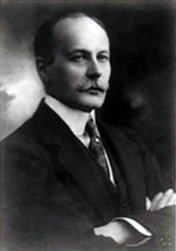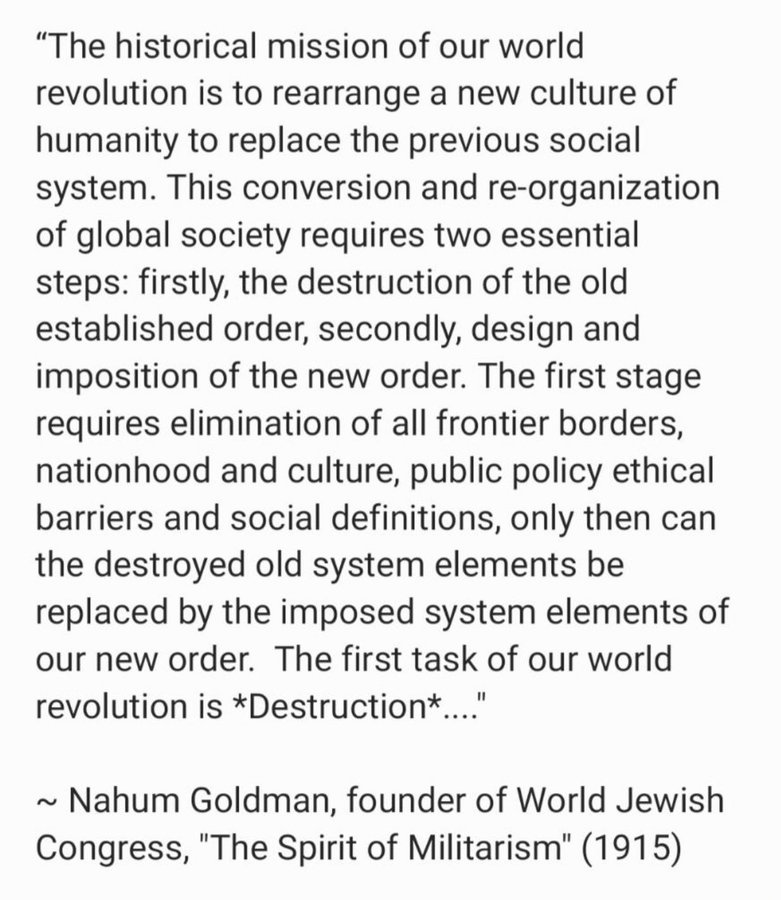
Updated on August 17, 2023 · Writing
Objective and subjective are two common—and commonly confused—words used to describe, among other things, information and perspectives.
The difference between objective information and subjective information is that the former is based on facts, while the latter is based on feelings or opinions.
Below, we’ll talk about the difference between objective and subjective, how to use them in writing, and when each one is appropriate.
Give your writing extra polish
Grammarly helps you communicate confidentlyWRITE WITH GRAMMARLY
The difference between objectiveand subjective
The basic difference between objective and subjective information is that objectiveinformation is based on facts, while subjective information, or a subjective perspective, is based on opinion, emotion, or feelings.
The line between the two seems simple on paper, but in practice, their meanings can blur. Why? The main reason is that people who use these words are just that: people. And people have backgrounds, experiences, emotions, and biases that can show up in subtle ways. Often, even if we think we’re being objective, there may be subjective influences at play.
Definition of objective
Objective means not influenced by personal feelings or opinions in considering or representing facts.
An objective perspective refers to a viewpoint or approach that is unbiased, impartial, and based on facts and verifiable evidence.
For example, this is an objective statement:
Water boils at 212 degrees Fahrenheit.
Water has an objective temperature that it must reach in order to boil, which can be quantified, tested, and proved over and over again.
What is objectivity in writing?
In writing, objectivity is found in works that present facts and their verifiable evidence. Examples of objective writing are research papers, instruction manuals, and academic essays. These types of writing strive for accuracy and to create a foundation of knowledge.
Definition of subjective
Subjective means based on, or influenced by, personal feelings, tastes, or opinions. A subjective perspective can also be called a personal perspective or an individual point of view. Subjective views do not have to be provable or grounded in fact, though they may incorporate facts. For example:
The frosting on that cake makes it too sweet.
This is a subjective take on cake. What one person considers “too sweet” is based entirely on their personal preferences. The cake might not be sweet enough for some and just right for others.
What is subjectivity in writing?
In writing, subjectivity refers to the expression of a writer’s personal opinions, feelings, beliefs, and perspectives.
Subjective writing often involves first-person pronouns (I, me, my) and emotional language, as the writer shares their thoughts and reactions openly. It can be found in various forms of writing, including personal essays, memoirs, creative fiction, and opinion pieces.
Here are examples of subjective writing elements:
- I believe
- In my opinion
- From my perspective
Evocative adjectives:
- The painting evoked a sense of peace for me.
- The novel was thought-provoking.
Value judgments:
- That was the best movie of the year.
- That concert was disappointing.
In grammar, subjective means related to the subject of a sentence. That’s a different definition from the one we’re using here. You can read more about subjective and objective cases in grammar here.
How to use objective vs. subjective
Being able to tell the difference between objective and subjective information will make you a better communicator, decision-maker, and problem-solver. Depending on what industry you’re in, you may lean more heavily on one type of information than the other.
Objective information is important in fields that rely on facts and evidence, such as scientific research, journalism, and law.
It’s important to note that achieving complete objectivity is a difficult task, since everyone is informed by their backgrounds and experiences. While people in these disciplines should strive for objectivity, they should also consider how their experiences may affect the product of their work.
For example, members of a jury are instructed to analyze a case objectively and base their conclusions only on the facts presented. However, the court system can’t avoid the fact that jury members are human beings, and every human brings their own experiences and biases to a situation. That’s why courts have a jury selection process that attempts to eliminate jurors whose personal experiences may cloud their judgment.
Subjective perspectives, on the other hand, play a vital role in art, literature, and therapy, since these disciplines allow, or even require, individuals to share their unique experiences and emotions.
Examples of objective vs. subjective
The art critic acknowledged that the only objective parts of his assessment were the painting’s title and the artist’s name, while everything else was subjective, influenced by his extreme distaste for the color green.
The tourism survey aimed to collect both objective data, like what time of year the participant visited, and subjectivefeedback, like whether they had a good time, to gain a comprehensive understanding of their experience at the resort.
When discussing controversial topics, it’s essential to remain objective so you don’t let subjective biases influence your argument.
In the book review, the critic provided an objective summary of the plot and style, while also sharing their subjectivethoughts on the novel’s emotional impact.
The journalist strived to present the news objectively, reporting only the facts she collected without injecting subjectiveopinions or interpretations.
Objective vs. subjective FAQs
What do objective and subjective mean?
Objective means verifiable information based on facts and evidence. Subjective means information or perspectives based on feelings, opinions, or emotions.
What are examples of subjective and objective?
This is an example of subjective information: Lemon cake is the best dessert in the world.
This is an example of objective information: Lemons have high concentrations of vitamin C.
When should you use objective vs. subjective?
Use objective when presenting facts that you can prove with irrefutable evidence. Use subjective when presenting a point of view, perspective, or opinion.




